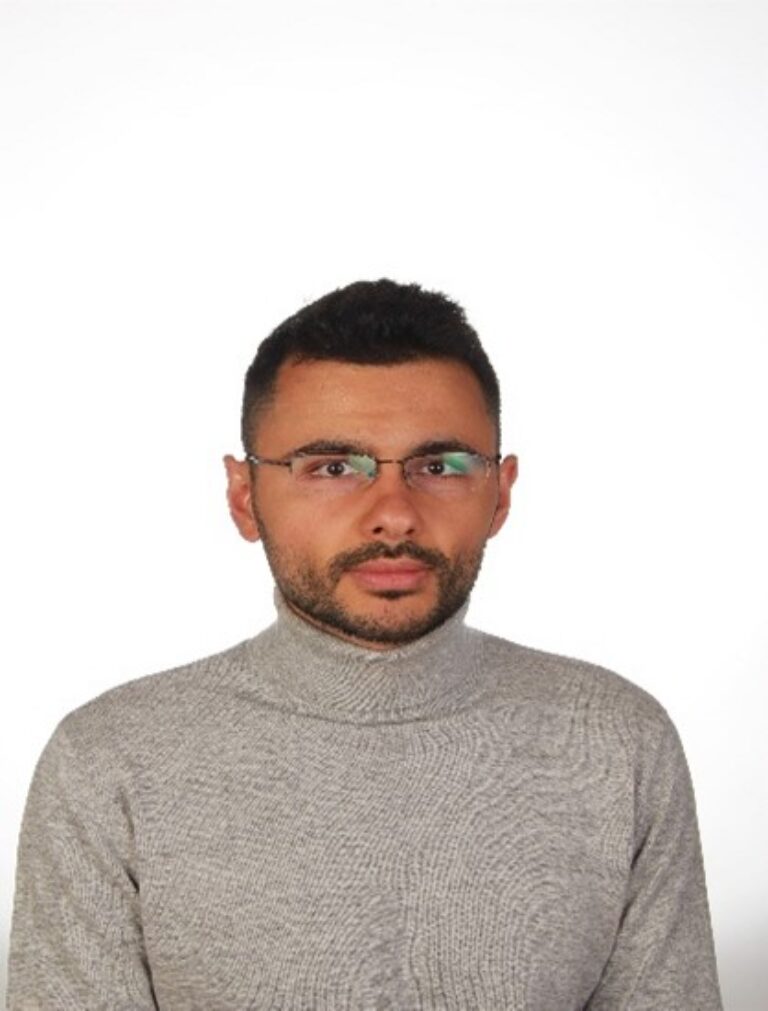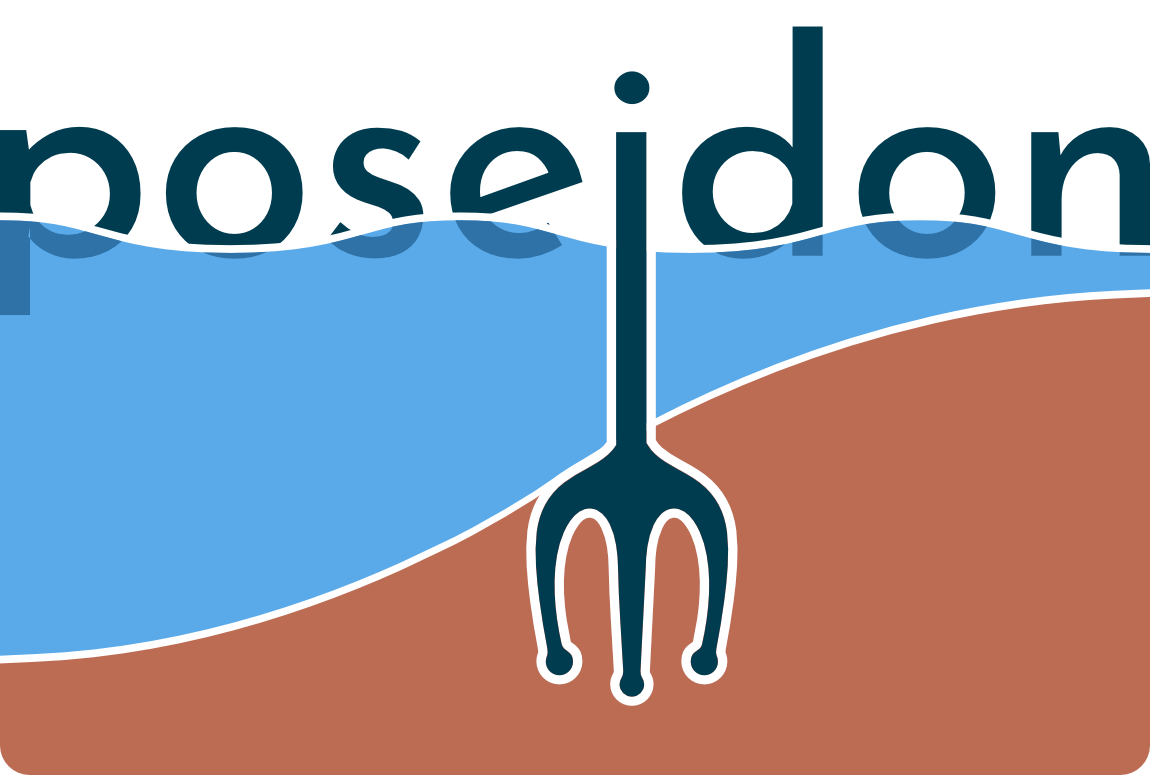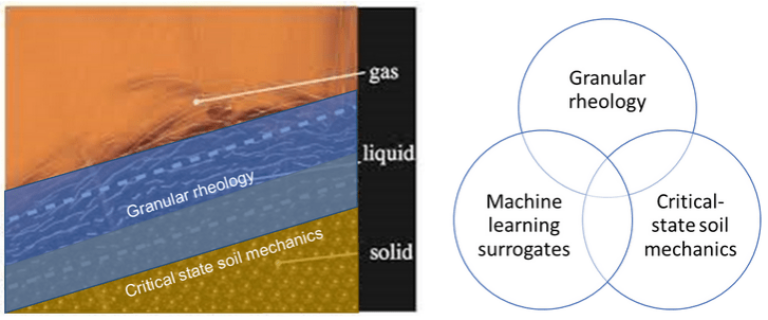Ibrohim Hamoud
I am Ibrohim Hamoud from Uppsala, Sweden. I hold a Master’s degree in Computational Science from Uppsala University and a Bachelor’s degree in Physics from Lund University. My Master’s thesis focused on numerical time integration methods for the nonlinear Schrödinger equation.
Currently, I am a PhD candidate at the University of Twente, a member of the Soil-Micro Mechanics (SMM) group, and part of the Marie Curie Poseidon project. I conduct my research under the supervision of Dr. Vanessa Magnanimo, Dr. Stefan Luding, and Dr. Hongyang Cheng.
My research focuses on modeling granular-fluid mixtures to study submarine landslides, with an emphasis on developing efficient numerical methods for their simulation




